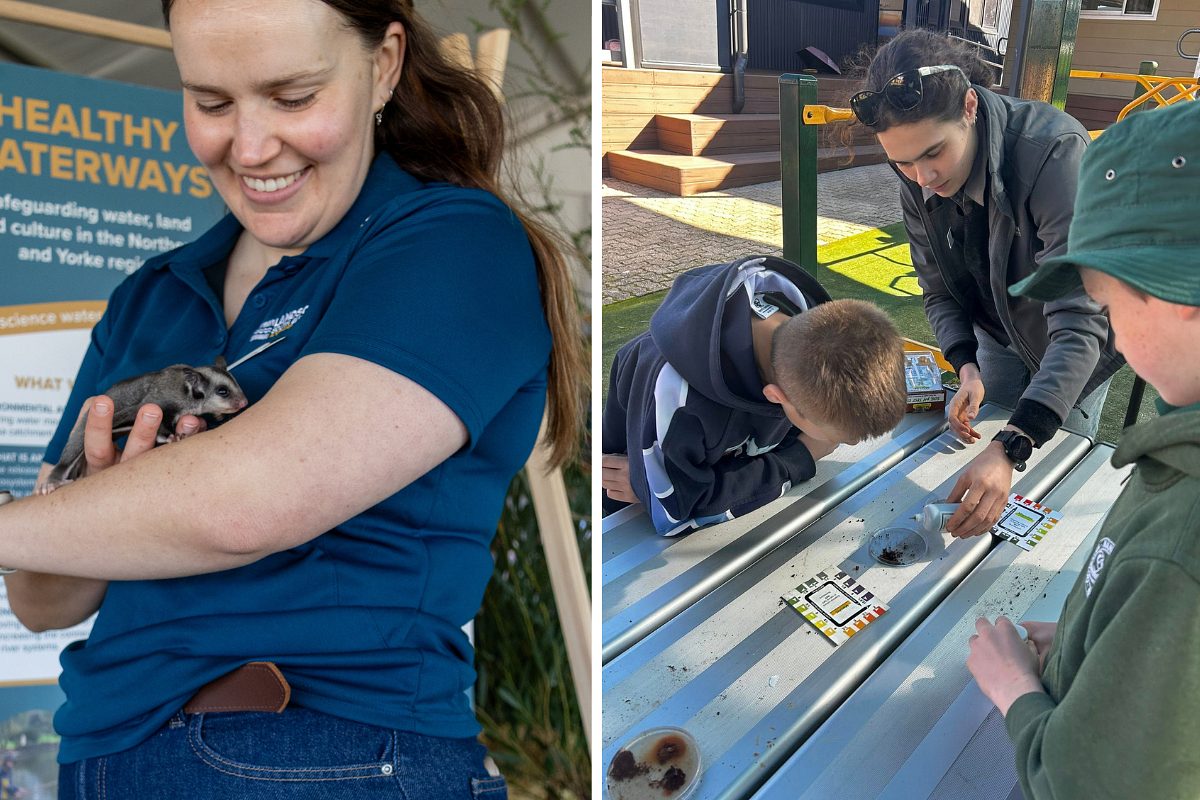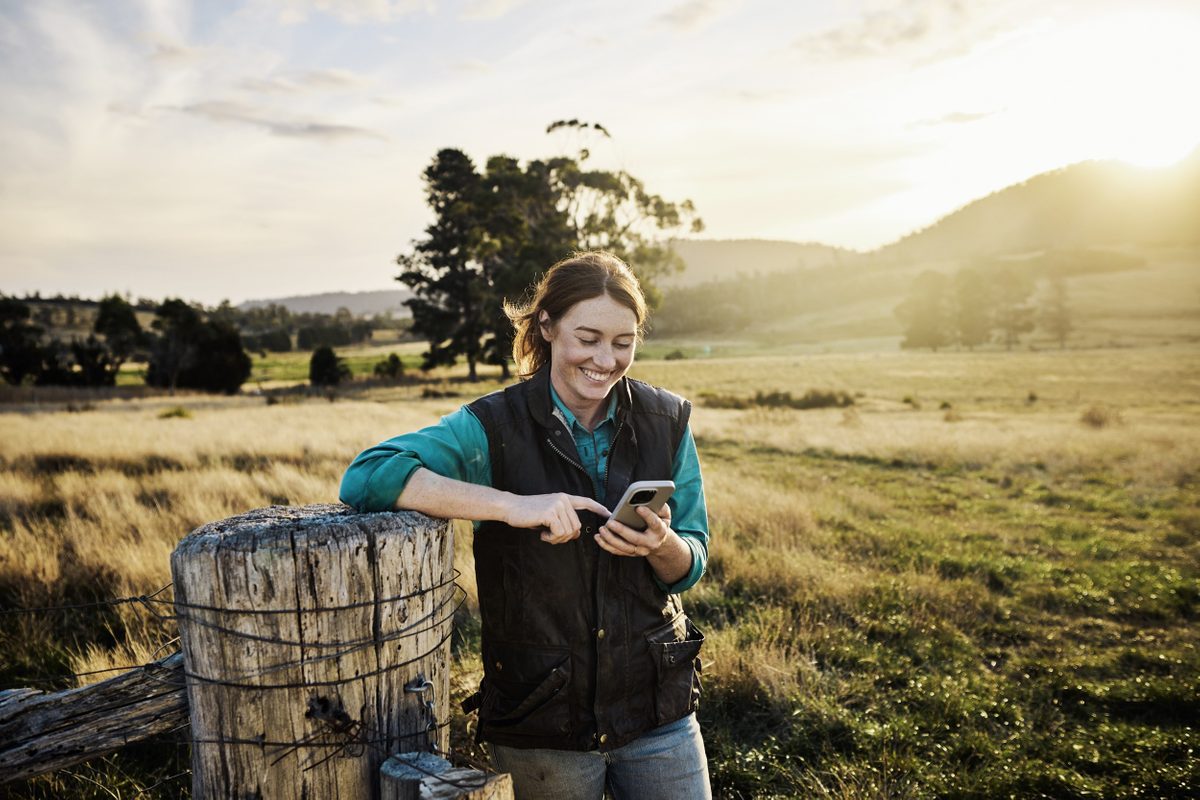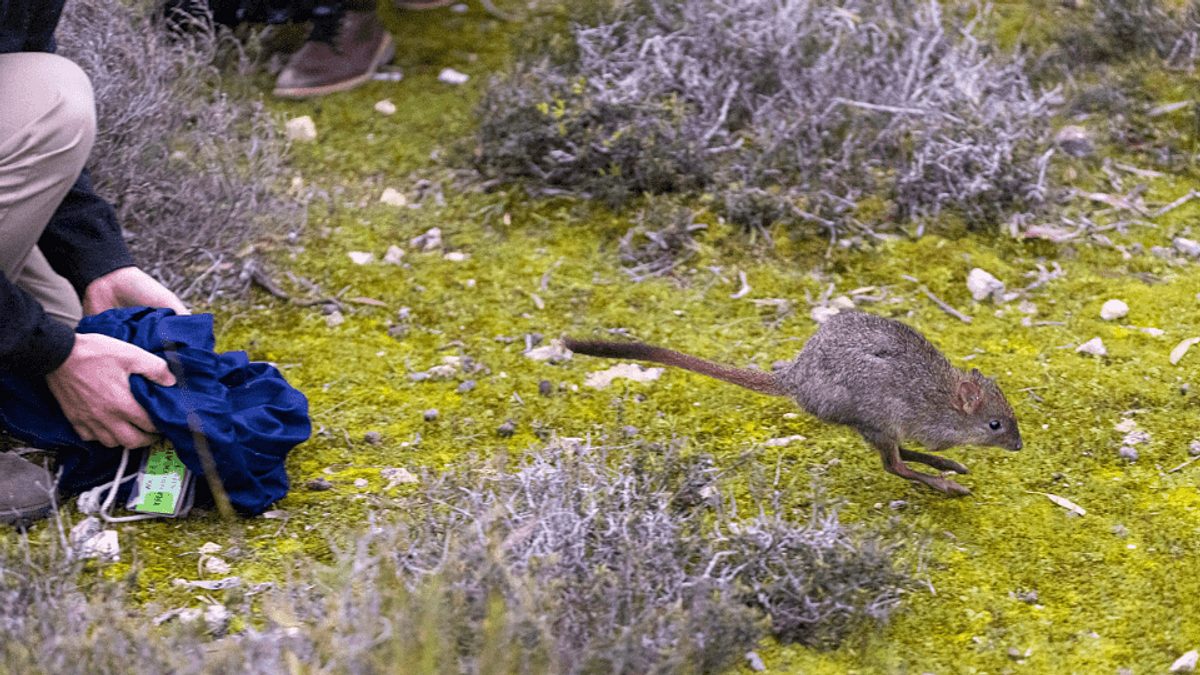Risky business for cats hanging out in the hood
Media release about responsible cat ownership to help protect our native wildlife
6 March 2020
Vet 2 You founder Dr Lyndall Short is urging cat owners to keep their furry felines indoors full-time to protect them from disease, injury and unwanted pregnancy, while also safe-guarding our native wildlife.
The Yorke Peninsula veterinarian said domestic cats were at risk of contracting diseases like Feline AIDs and sustaining life-threatening injuries if allowed to come into contact with cats outside the safety of their home.
“Unfortunately the feral cats in our community pose a serious threat to people’s pet cats,” said Dr Short. “Fights between cats are common and it’s often the domestic cat that comes off second best. Most infected wounds and abscesses we see are caused by bites and scratches, which left untreated can be debilitating and may even lead to organ failure.
“And while contracting Feline AIDs might seem unlikely for your pet, there have been cases of Feline Immunodeficiency Virus (FIV) on Yorke Peninsula. Keeping your cat inside reduces the risk of contracting FIV from feral cats, or other diseases like toxoplasmosis and cat flu.
“Like FIV, there have been cases of toxoplasmosis in this region. It’s a disease caused by a protozoan parasite that poses serious health risks to humans, cats and wildlife.”
Dr Short said keeping your moggie safely contained at home is the best way to ensure a happy, healthy and long life for your beloved pet.
“Cats are not only happy indoors, their quality of life is vastly improved by avoiding the dangers of the outside world,” she said. “Current regulations also now require cat owners to register, de-sex and microchip cats born after July 2018, which helps to further safeguard them from unwanted pregnancy and ensure they are reunited with their owners if lost.”
Yorke Peninsula Landscape Officer Fabienne Dee said keeping cats indoors was a win-win for pet cats and our native wildlife.
“Cats are much-loved household pets, but their natural hunting instincts threaten native animals,” she said. “Keeping cats indoors is a way for pet owners to help ensure a future for our native species and keep their pets safe.”
Through the Great Southern Ark project, which aims to reintroduce a number of locally-extinct native animals to the southern Yorke Peninsula, Natural Resources Northern and Yorke is working to control the feral cat and fox population. Strategic fencing is currently being constructed across the Peninsula to limit reinvasion by foxes and cats.
Ms Dee said the public can also play a part in managing feral cats via a new resource called FeralCatScan, which is a website and app hosted by the Centre for Invasive Species Solutions and the Australian Government Department of the Environment. People can download the app or go to www.feralscan.org.au and use it to record sightings of feral cats in the area and the damage they cause.
In addition, Natural Resources Northern and Yorke is conducting a survey to monitor community awareness about feral cat predation. It includes links to useful information about microchipping, de-sexing and keeping domestic cats safe and happy at home. Go to www.surveymonkey.com/r/CatEducation
The Responsible Cat Ownership program is federally funded as part of the Great Southern Ark project, which is the result of more than a decade of collaboration between key project partners led by the Northern and Yorke Natural Resource Management Board, WWF Australia, Zoos SA, the FAUNA Research Alliance, with support from the Australian Government and cooperation from local farming communities.
The Australian Government has funded $2.6 million through the National Landcare Program. A further $10 million is to be invested through the Environment Restoration Fund to create additional threatened species safe-havens across Australia.
For more information please contact Natural Resources Northern and Yorke on 8841 3444 or email ny.landscape@sa.gov.au.


